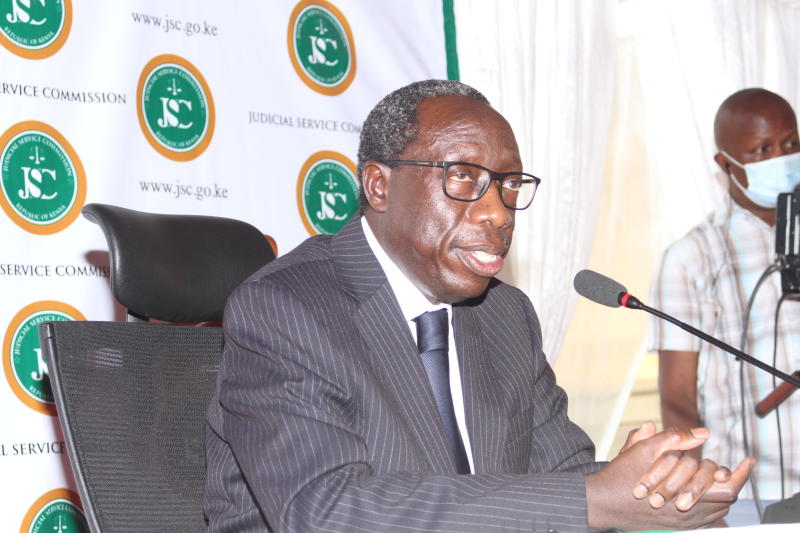×
The Standard e-Paper
Stay Informed, Even Offline

Court of Appeal President Justice William Ouko’s long service in the Judiciary became the centre of focus in his quest to become the country’s next Chief Justice with questions over his failure to initiate reforms.
Justice Ouko was also put to task for being a police reservist for ten years rising to the rank of an inspector at a time when he was the Registrar of the High Court, and for not doing enough to help political dissidents who were put in detention.







